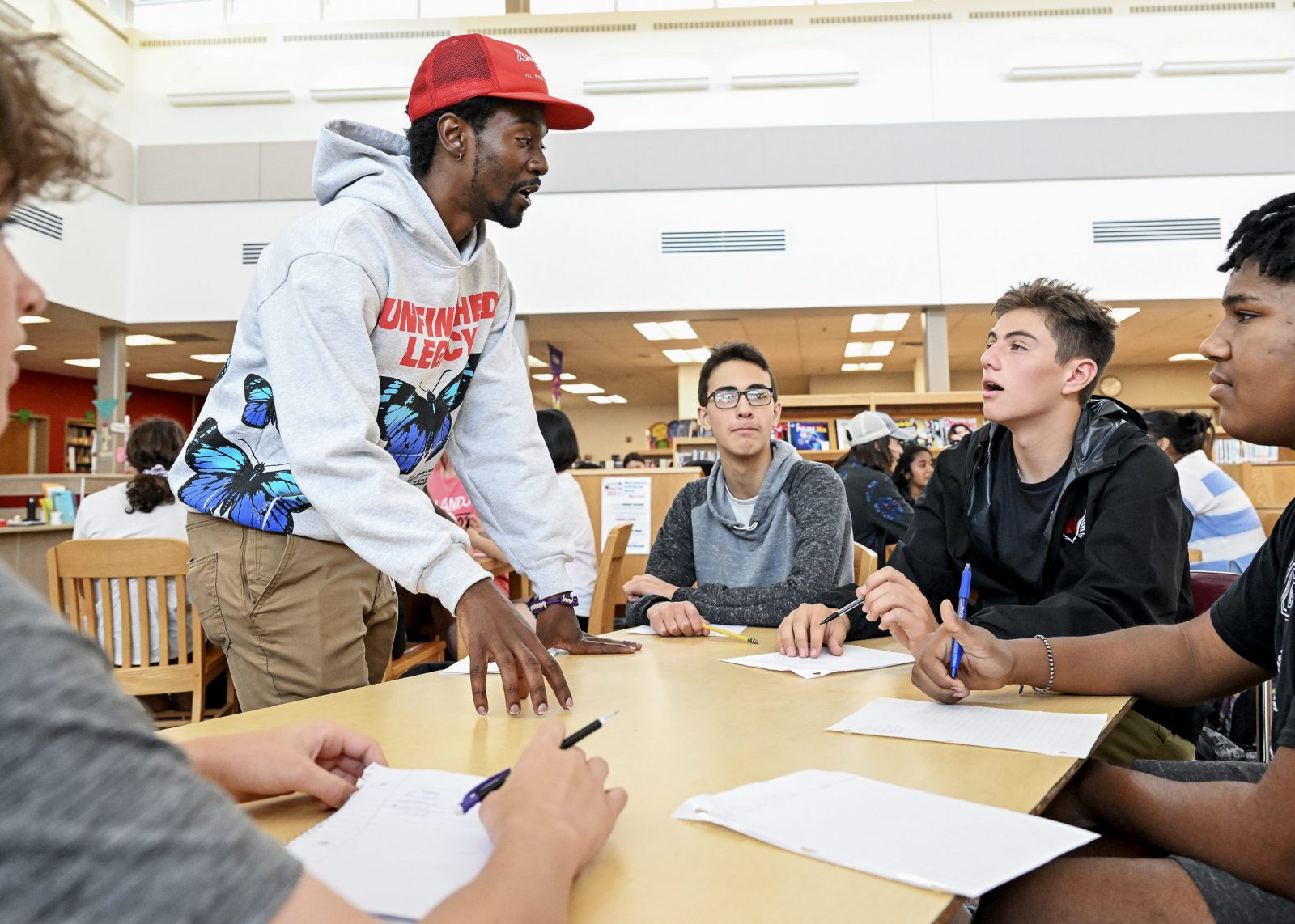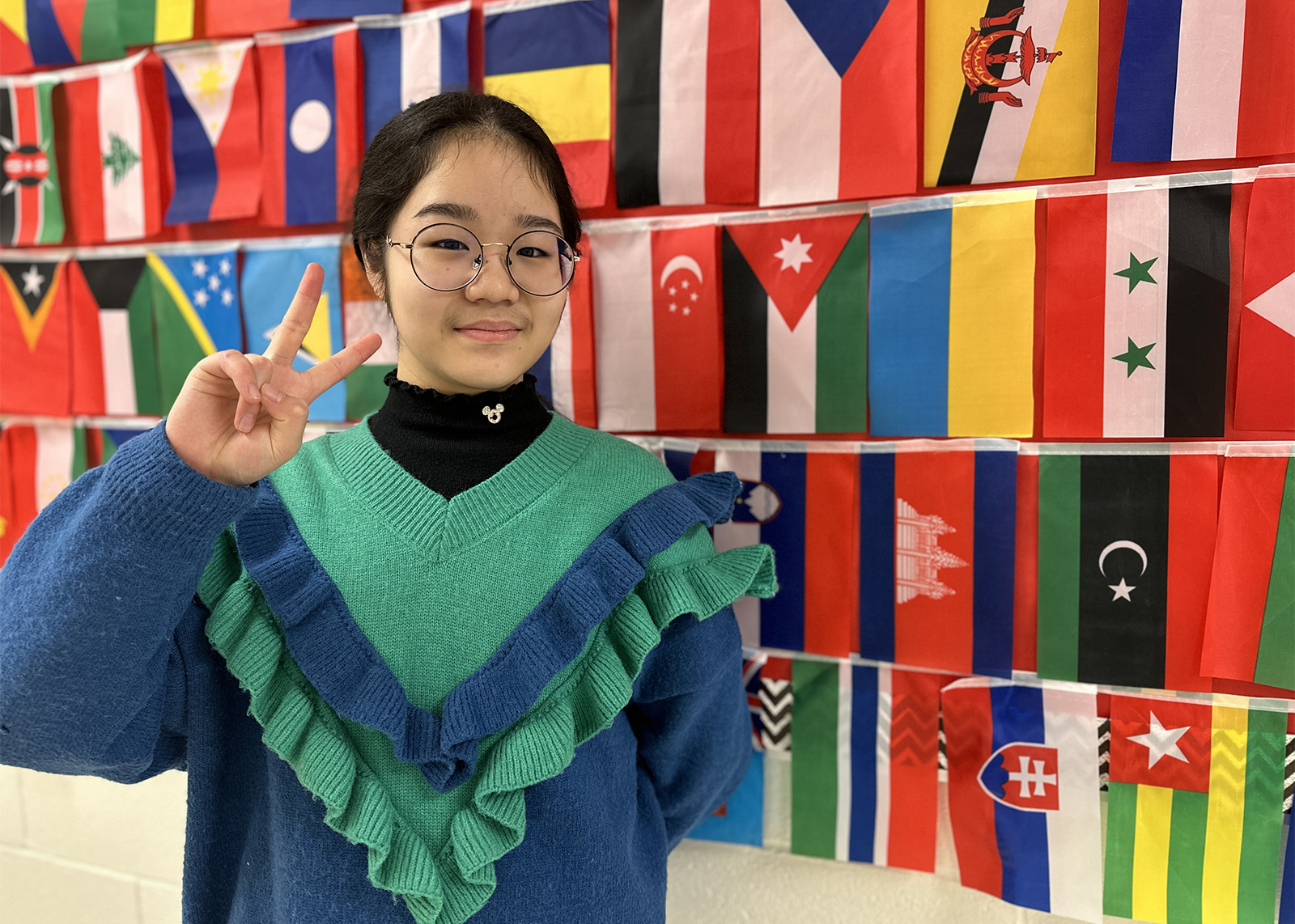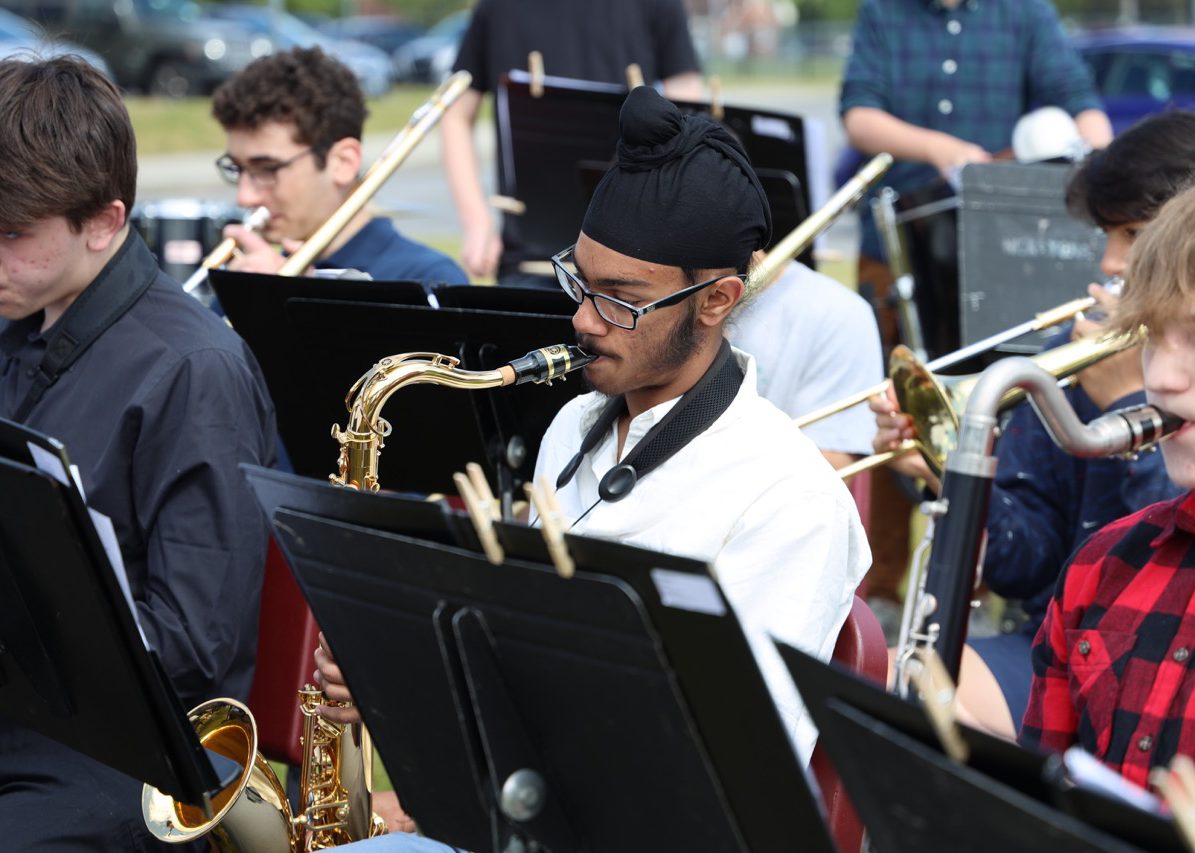Equity Statement of Commitment: #24United
The Niskayuna Central School District stands together with the 24 school districts that comprise the Capital Region BOCES region in our shared responsibility to provide a safe and inclusive learning environment for all students, particularly those who have been historically marginalized. It is our commitment that the diverse experiences and perspectives of our students, families and staff will be recognized, reflected and embraced in our educational institutions.
While our 24 school communities in the Capital Region each have a unique makeup, we all share one commonality: Our desire to provide an equitable educational experience that ensures opportunities and the necessary support for success for all students. It is our pledge to embrace the diverse experiences, values, beliefs, backgrounds and perspectives of our communities as we endeavor to prepare our students for the society they will encounter in life beyond our school systems.
Niskayuna Strategic Plan for Equity
Our district’s vision is to be an equitable community of lifelong learners. To achieve this, our Strategic Plan for Equity aims to implement policies and practices to ensure that all students are able to fully access educational experiences and services in our schools, regardless of their background.
Our schools cultivate the unique gifts of every student and ensure that all students feel valued, safe and welcome. Through building authentic relationships with students and families, our faculty, staff and administrators embrace the unique perspectives and contributions of all in our community. By preparing Niskayuna students to become responsible citizens who advocate for equity and justice, we are equipping them to succeed in the wider world.
The Strategic Plan for Equity identifies four major goal areas around which our work is focused:
- Professional Learning
The district is committed to providing continuous learning opportunities for faculty and staff at all levels focused on diversity, equity and inclusion. - Bias Response and a Welcoming and Inclusive School Climate
We strive to create a welcoming and supportive environment for everyone. The district’s discrimination and harassment reporting form and bias response protocols are important tools to foster an environment free from discrimination and harassment for all students and staff members. - Anti-Bias Recruitment, Hiring and Retention Practices
We have examined and are continuously refining our recruitment and hiring practices to ensure that our workforce is as diverse as the Niskayuna community. - Inclusive and Anti-Racist Curriculum and Instruction
Students learn best in a safe, supportive environment that respects and reflects their background and experiences. To support this goal, we’re:- Reviewing and updating curriculum and materials using the NYSED Culturally Responsive and Sustaining Education Framework and other research-based practices for achieving equity.
- Prioritizing social and emotional learning and implementing restorative practices
- Building the capacity of leadership and educators to be culturally responsive practitioners
Focus on a Diverse Workforce
Research shows that having teachers of color enhances the learning experience for all students: They are more likely to see the potential of Black and brown students and serve as mentors and role models for them. Interacting with a diverse set of adults better prepares all students to be part of a diverse workforce and society.



